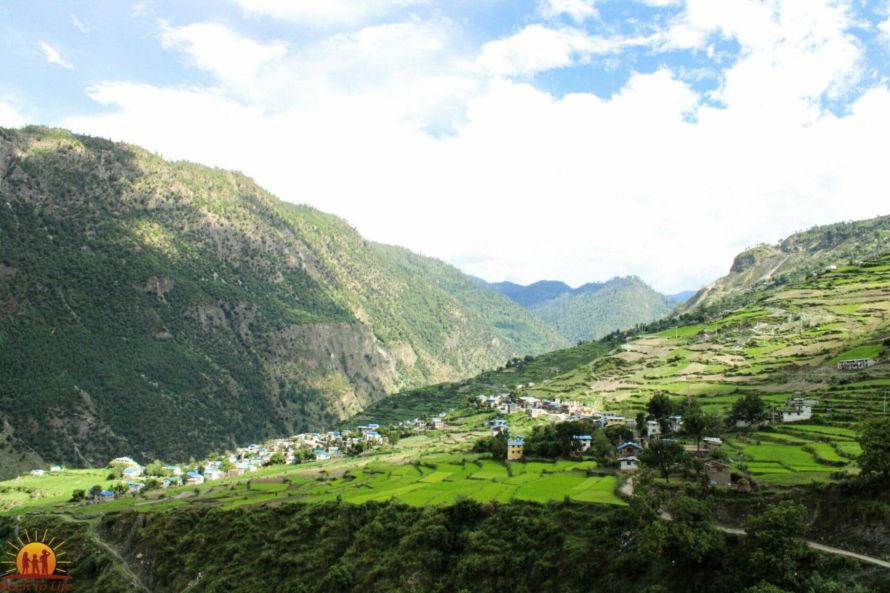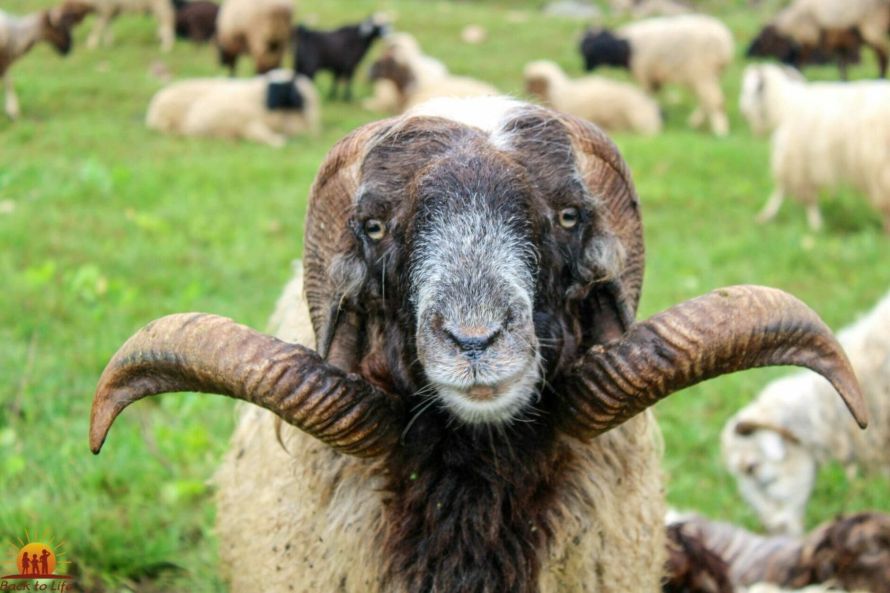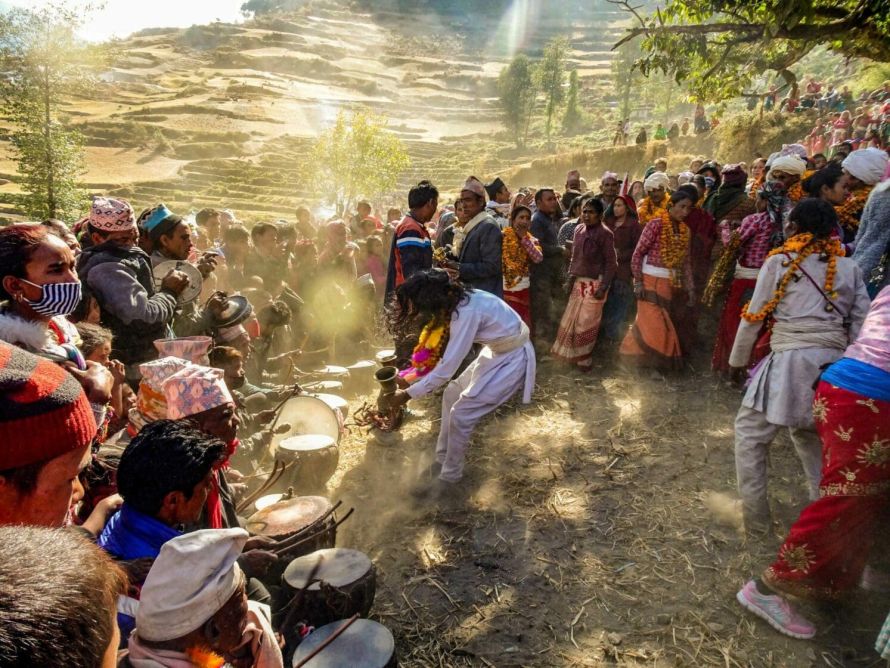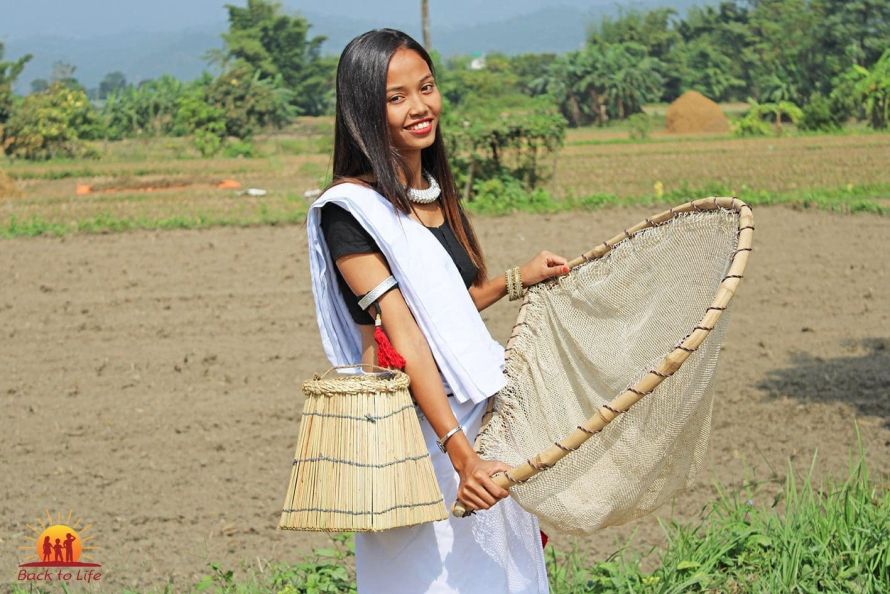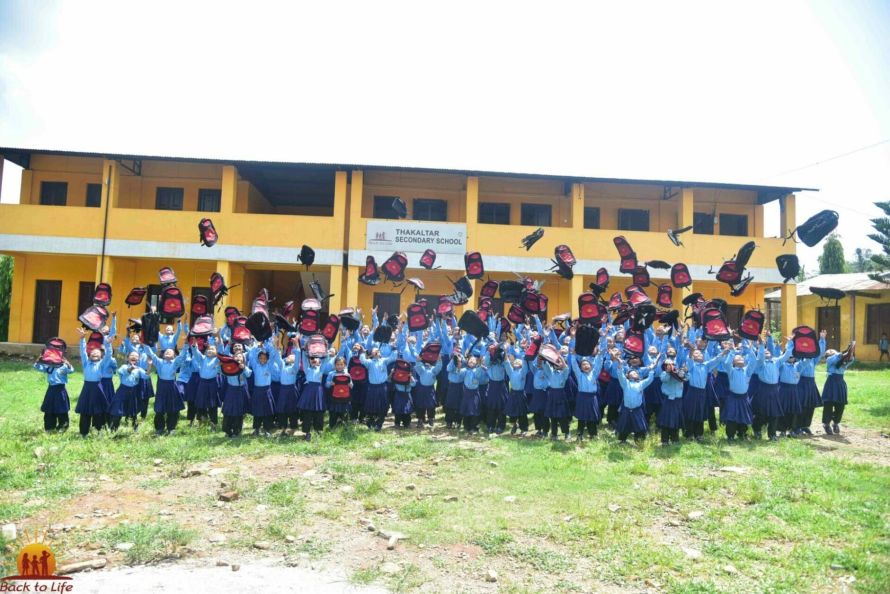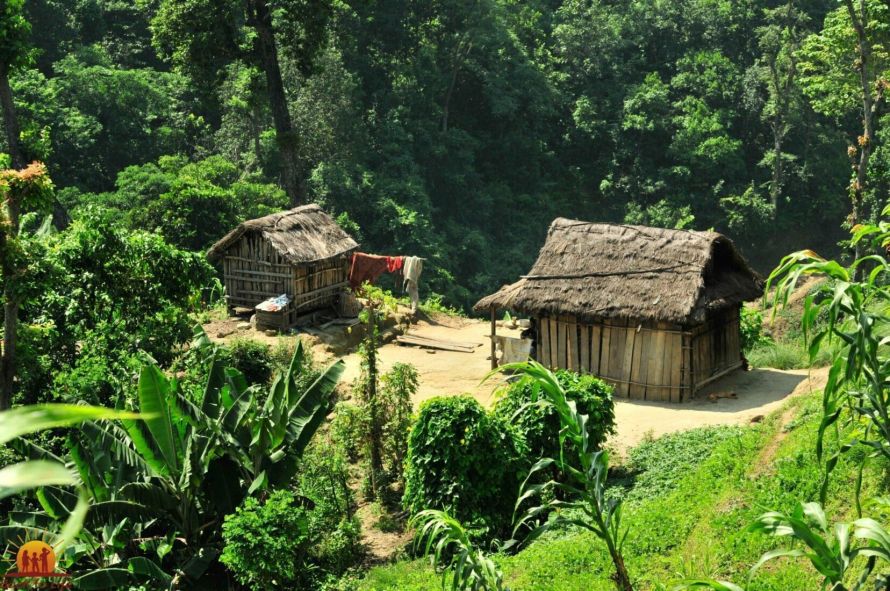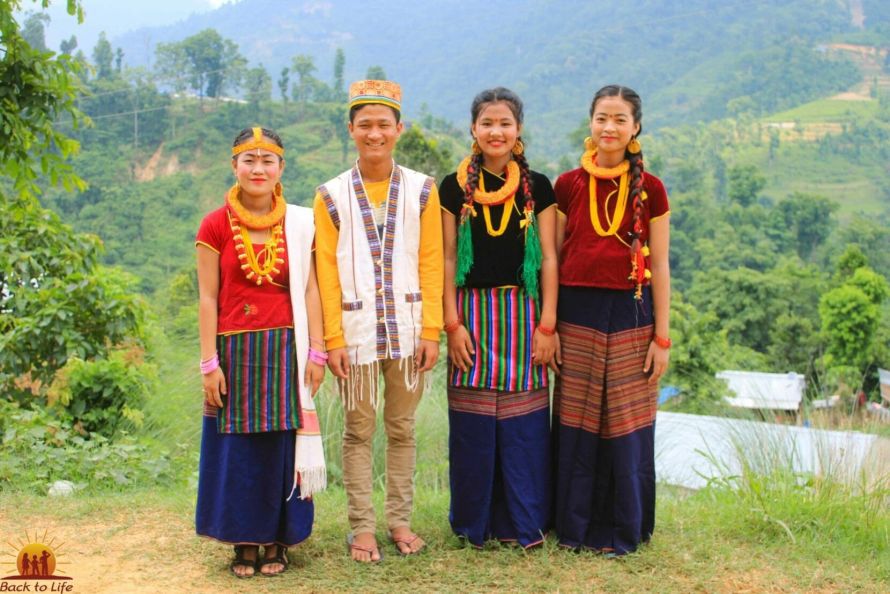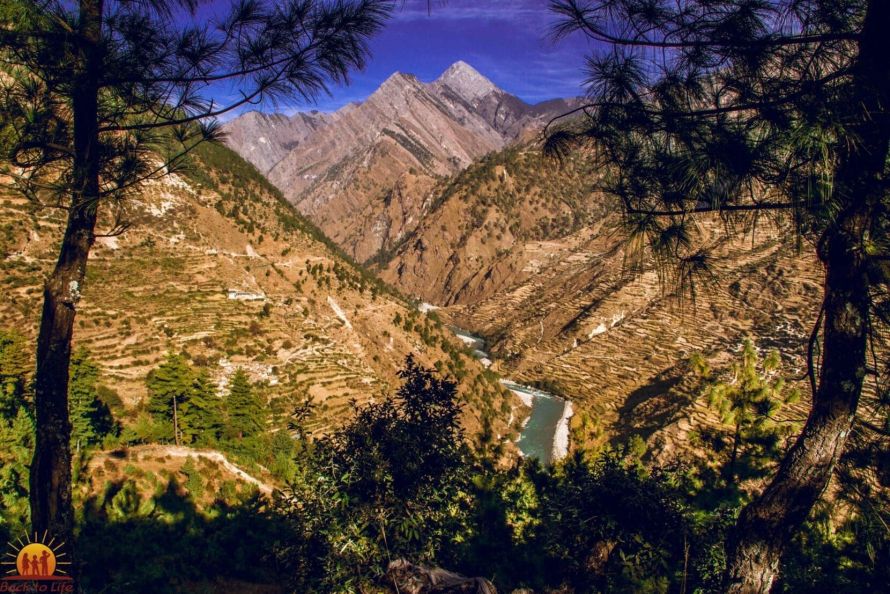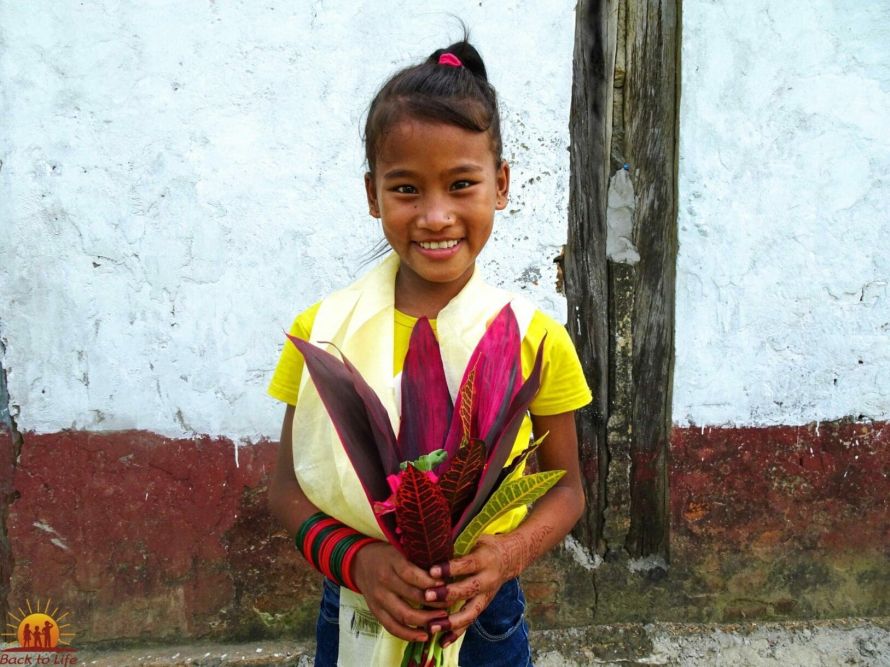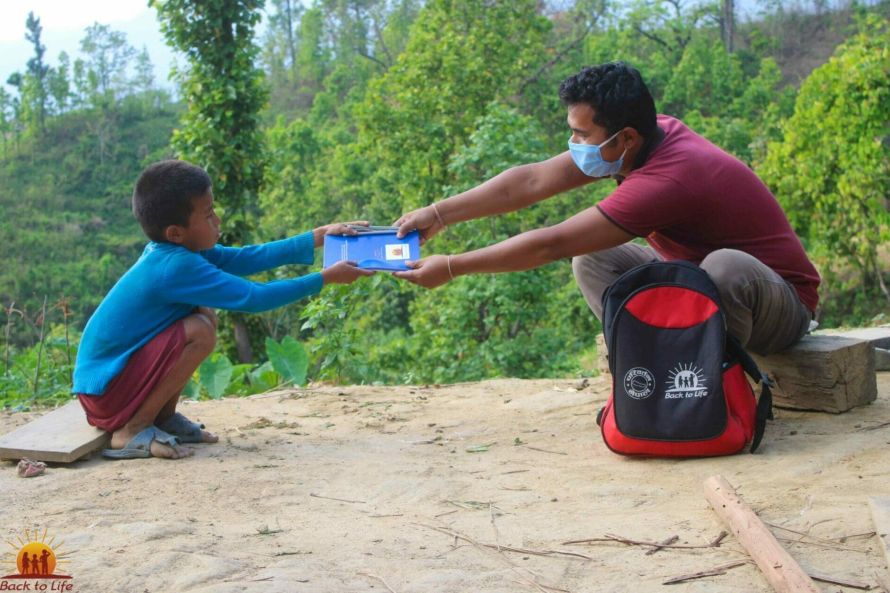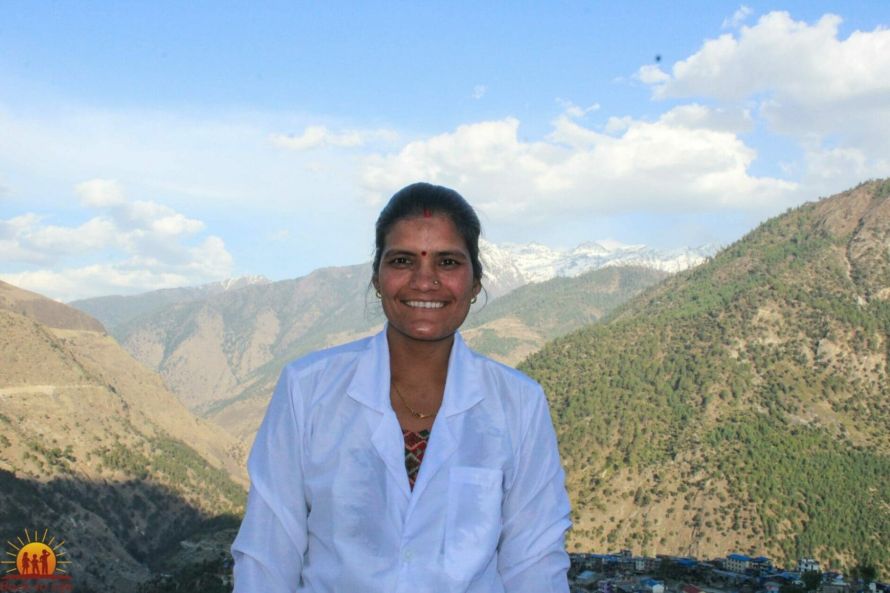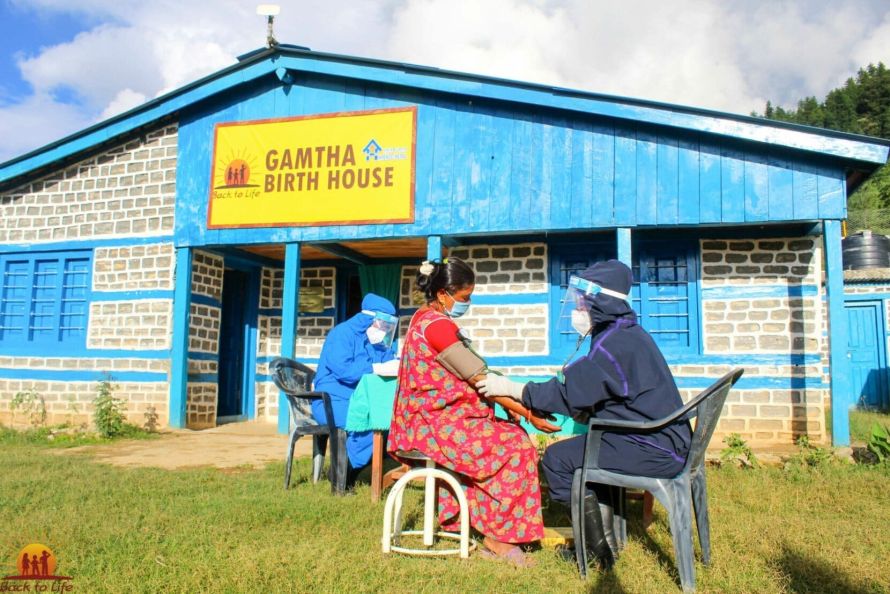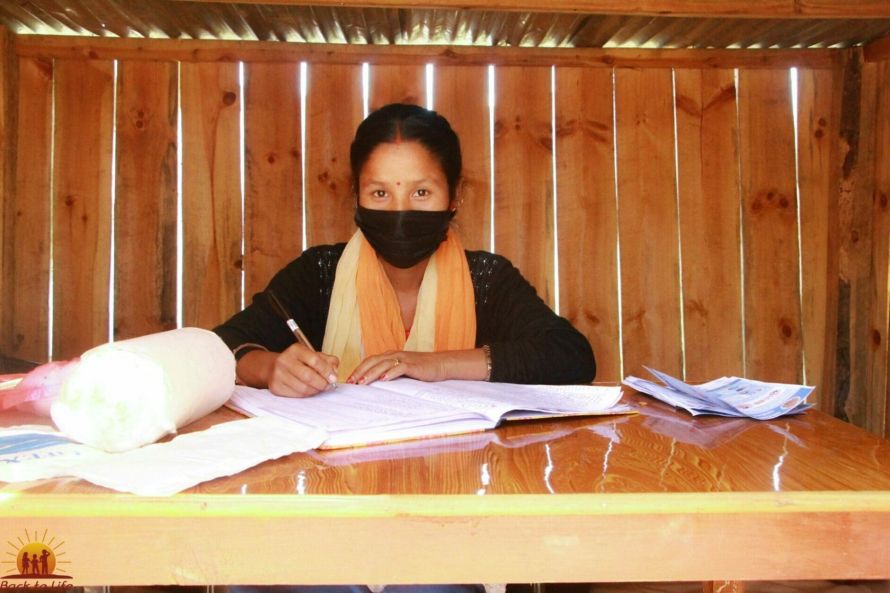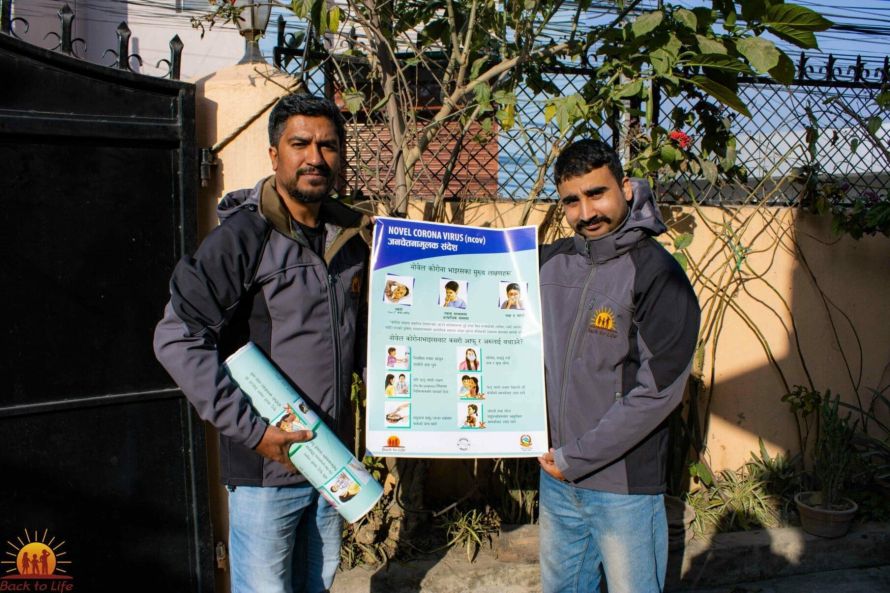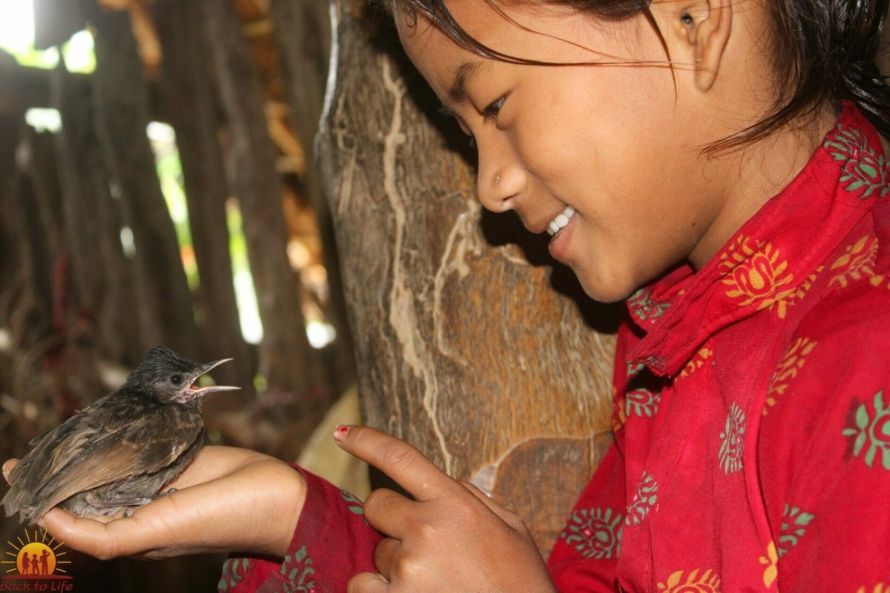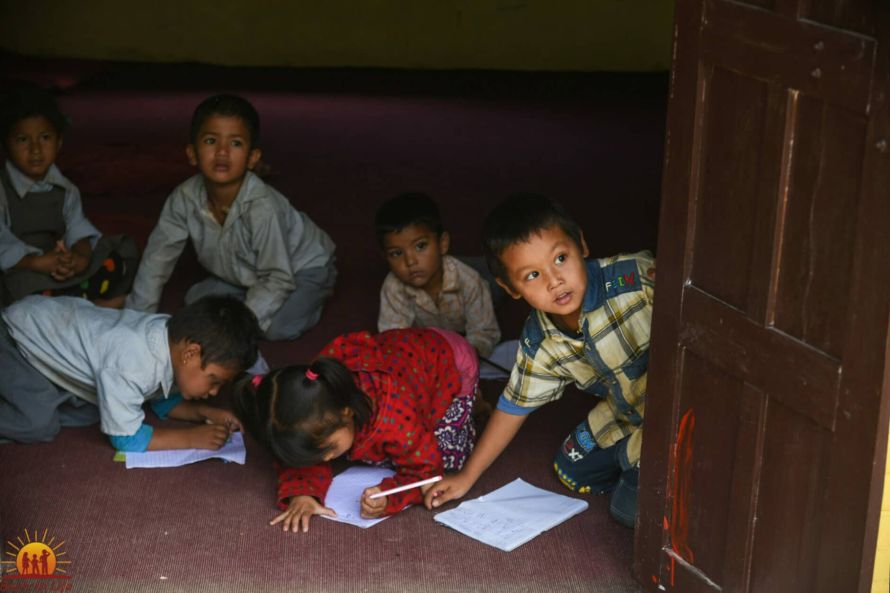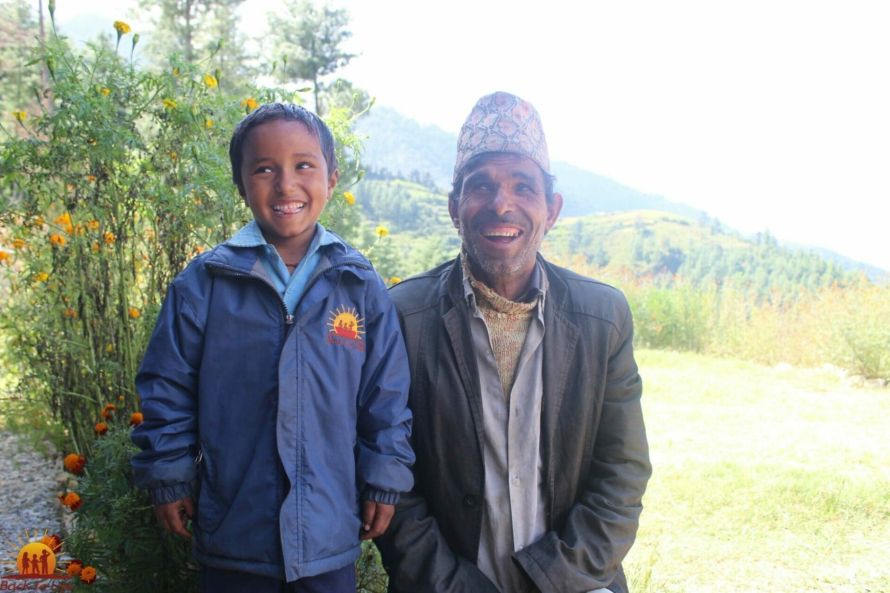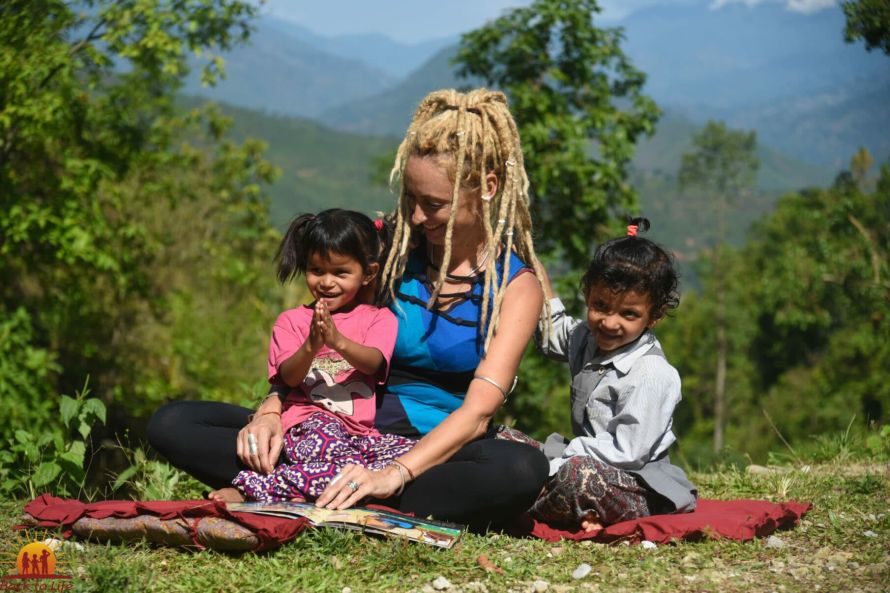A look back and ahead. Loharbada in the Mugu Mountains.
When program director Dikendra Dhakal looks around Loharbada today, he can hardly believe it. “When we first arrived here 10 years ago, not only was the standard of living extremely low, but hygienic conditions were actually non-existent.” The people did their “business” on the doorstep, mushy animal excrement covered the paths, and it smelled like hell. Swarms of house flies sat everywhere: on the children’s faces, on the food. People rarely washed themselves or their clothes, and sewage was simply poured into the alley. The open cooking fire was smoking in and...
